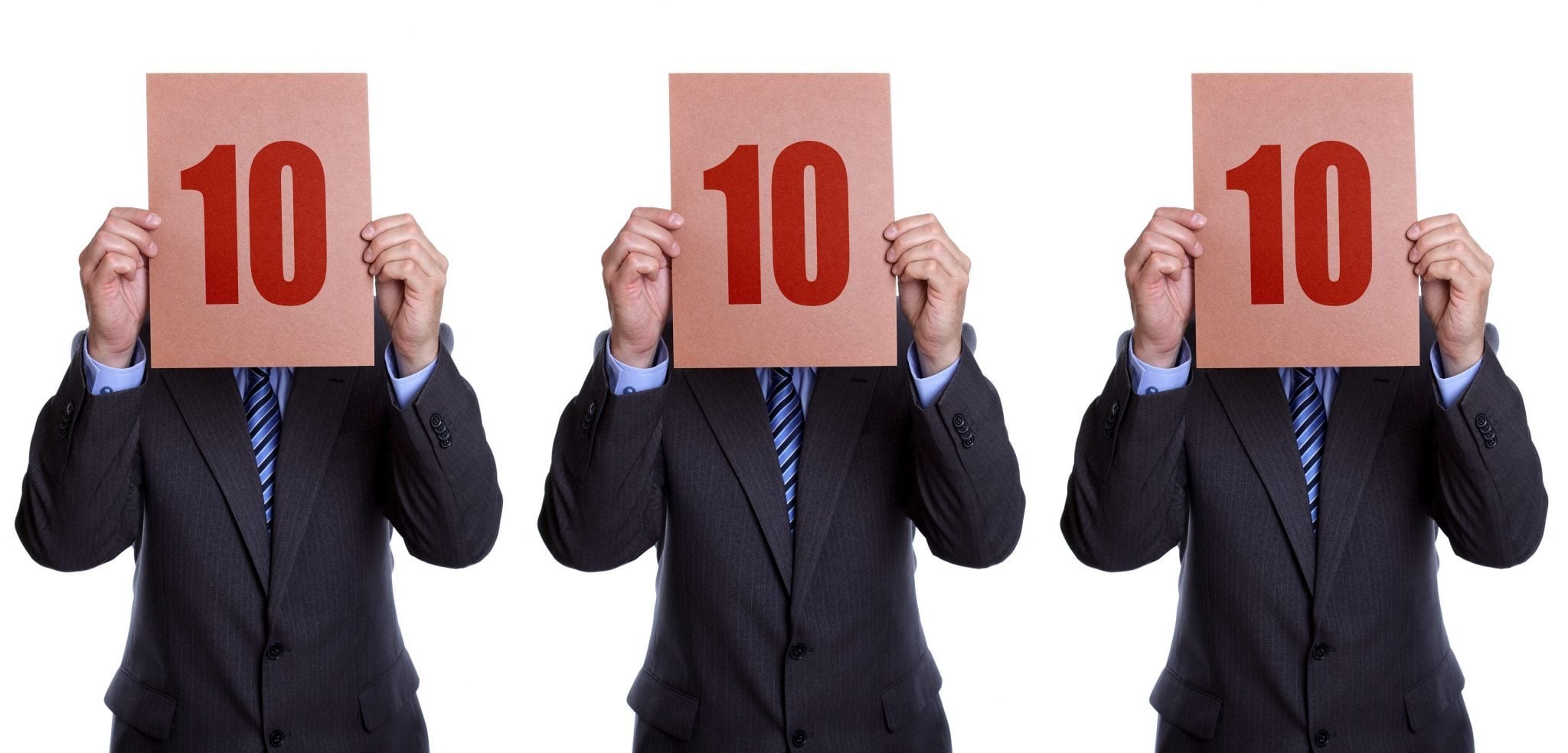In Western culture, the word “control” has an undeserved bad rap. It conjures up the image of a type-A personality gone wild with power, who, headed down the road of personal self-destruction, cuts wide swaths of anxiety among all those encountered. “Control freak” is a term that often surfaces. But if hyper-control is a bad thing, do we want the opposite, to be out of control? As we search for a middle ground, let’s not forget the brutal reality: Each of us will someday lose control of all that we have. Life is ephemeral and “survival is temporary.” We will die someday. Still, “going with the flow,” doesn’t mean we should navigate without reason, care, or attention to detail. On the contrary, control’s four horsemen of self-discipline, planning, efficiency, and consistency go a long way toward securing a sense of longevity and calm in the here and now..
Most people don’t spend enough time focusing on the methodology of control. There is a science and an art to it. Yes, like everything else, moderation is the key.
In your business and your personal life, are you ready to devote some energy and time to seizing control of your day and your destiny? Then let’s get technical and talk about hard details. Center your efforts around three primary tools: digital voice recorder, Microsoft Outlook, and cellular phone. Of course, none of these tools are new and they stand on their own in their usefulness. However, it’s when one combines them that a new and powerful sense of control is found. These tools are about the following:
• Having a goal-oriented, consistent strategy of communication with others and with yourself.
• Having efficient systems to accomplish all necessary tasks, and completing them promptly. “Most recurring processes can be automated, delegated.”
• Not suffering the effects of errors of omission — ineffectiveness due to actions not taken. Most of our failures stem from what falls through the cracks, not from overt mistakes.
These tools are about event control. Think of the mind as an endless film strip spewing out a stream of thoughts rushing downhill with no rhyme or reason. Good and bad thoughts, pointless thoughts, historical anecdotes dredged up from the past, future events in vivid Technicolor arriving before their time, hazy wistfulness and beautiful, brilliant insights when least expected. Coming hard and fast, useful and useless thoughts pass through consciousness in relentless sequential order.
How to trap the good ideas and at the same time slow down the incessant mind-noise? Very simple: Carry a digital voice recorder. When an idea worth remembering appears, pull out the recorder, press the record button, and record the thought. Then put it away, forget the thought and move on, leaving your mind with one less bit of clutter
For me, it doesn’t matter whether I’m driving, walking, working, sitting in the theater, having lunch with a friend, waking in the middle of the night, reading a book, skiing, cycling, or climbing a mountain. I capture the thought, and my mind is free to move on. There is nothing more to ponder in the moment and nothing to remember later. The film strip charges ahead and, as the best parts appear, they are instantly and permanently captured.
Daily, I review the recordings of the past 24-hours, transcribing them into the appropriate Microsoft Outlook task, calendar, or contact list. Once transcribed, the thought has permanence and action will be taken.
Microsoft Outlook, my second efficiency tool, has enormous time-savings advantages over the classic paper-based day planner that I lugged around for so many years. Synchronizing Outlook with my PDA once every day, all information is at my fingertips no matter where I am. As a manager, the most vital feature is the task list. (Hint, if you have managers, designate each manager as a “category,” thus centralizing each manager’s various tasks, the better to engender concise and quick “sit-downs” to review progress on various tasks.”) Outlook’s appointment calendar and contact information features are also vital. Keep them up to date and USE them.
One mandatory habit that remains from my former paper-based Franklin-Covey planner routine is my early morning “planning and solitude session.” In the quiet of dawn, it’s time to download the voice recorder information into Outlook and then review the tasks for the day. This session is the day’s most significant act of personal control.
The third efficiency component is the cell phone. The key understanding? My telephone number doesn’t represent a place, it represents me! After all, people aren’t looking for the place where Sam is located; they’re looking for Sam. But, this fact of life can lead to a day of unending disruption.
And why do I mention the ubiquitous cell phone here? Here’s the subtlety: Everyone has a cell phone but for most, it is improperly used – it’s a source of anxiety and a time-waster. This means the cell phone’s best feature is its on-off switch. The primary purpose of my cell phone is to make calls, not to receive them and so the phone spends a large part of the day turned off as I divert incoming calls to voice mail. This way I can focus on immediate tasks without interruption. I’ll call people back later when I am in the call-back mode. I will add here that through the course of the day I get very few incoming calls. Maybe one or two. The details of my business life are handled by others, or by automated systems. (How I accomplished this is another story for another time.)
That’s it! Three integrated communication tools to grasp control of the day. If you can muster up the necessary self-discipline, and have the patience to work out the details of how the tools interface with each other to suit your own style, I promise you will experience significantly more control and peace in your day.
Afterthought, July 2009: Note that late last year I combined the three tools mentioned above into a single combination tool (i.e. the Blackberry). I immediately hated it and went back to my former three separate tools as described above. The added “benefit” of having email at my finger tips was a distraction because in just packing it around there was a subtle (and sinister) prodding to check messages in every spare moment. It didn’t contribute to my preferred day: a day of peace and concentration. Another annoyance with the all-in-one/internet device: my preference is simplicity and I found the operation of the tiny combination tool to be mentally cumbersome.






